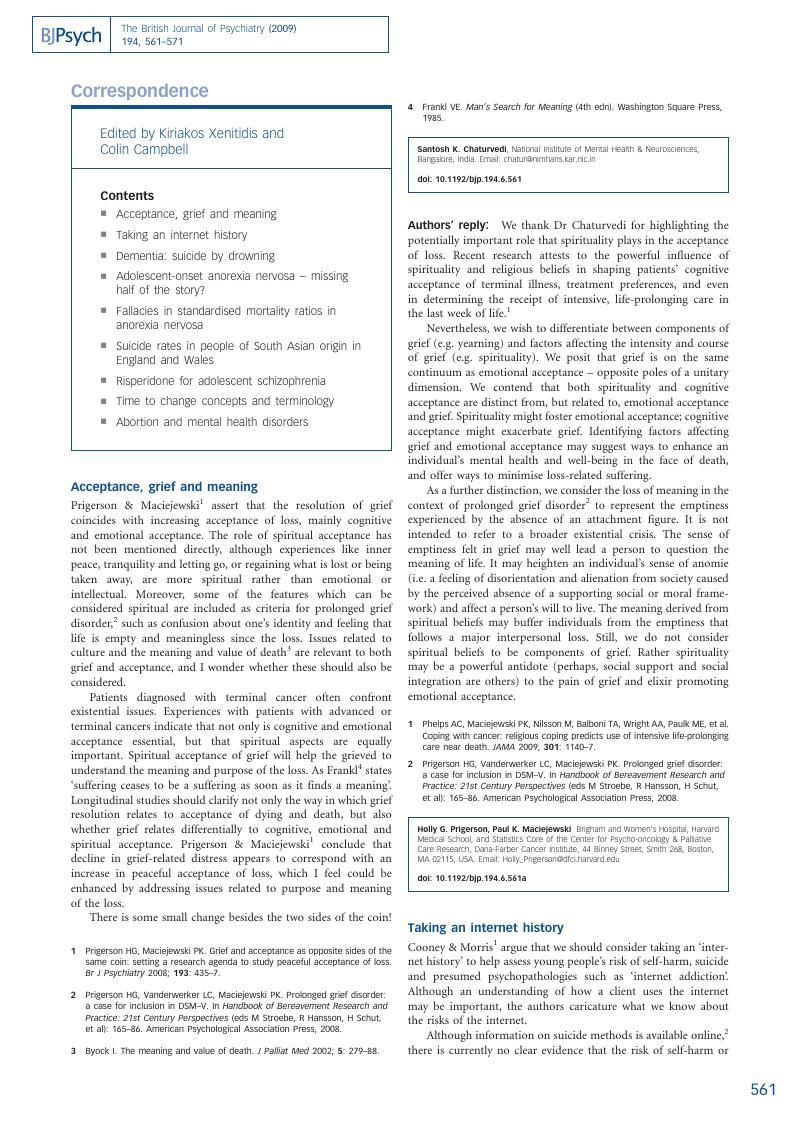Crossref Citations
This article has been cited by the following publications. This list is generated based on data provided by Crossref.
McKay, Colin
Storm, Emma
Castagna, Peter
Singer, Jefferson A.
and
Conway, Martin A.
2024.
Phenomenological Neuropsychiatry.
p.
231.




eLetters
No eLetters have been published for this article.